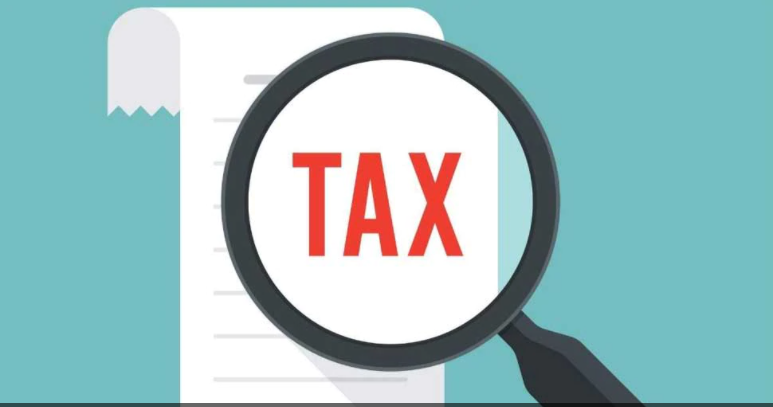
The Income Tax Department has made a big announcement about the direct tax dispute resolution scheme ‘Vivad se Vishwas‘. Now the government has extended the deadline for giving information under this scheme to 31 March and the time for payment till 30 April. The Income Tax Department has written on Twitter, ‘CBDT has extended the deadline for declaration under the trust law from the dispute to 31 March 2020. The deadline for payment without additional amount has been increased to 30 April 2021. The deadline for making announcements under this scheme was 28 February while the deadline for payment of disputed tax amount was 31 March.
This will be settled as
Till now, for the disposal of 1,25,144 cases, the option of trust scheme has been chosen from the dispute. This is 24.5 percent of the 5,10,491 cases pending in various legal forums. This scheme has been selected in cases of disputed tax worth about 97,000 crore rupees. Dispute trust scheme provides an option for settlement of disputed tax, disputed interest, disputed penalty or disputed fee in the context of assessment. Under this, pending cases can be settled by paying 100 percent of the disputed tax and 25 percent of the disputed penalty or interest or fee. The trust law came into force on March 17, 2020 from a direct tax dispute. Its objective is to provide an alternative to the concerned taxpayers for disposal of pending cases in various courts.
How will ‘Vivad Se Vishwas’ benefit?
- The benefit of the ‘Vivad se Vishwas’ scheme cannot be availed in the case where the proceedings are pending before the Income Tax Settlement Commission or a writ petition has been filed against the order of the ITSC.
- In cases where the Mutual Agreement Procedure-MAP decision is pending resolution or the taxpayer has not accepted the MAP decision. Such appeals can be made under dispute by trust. In such cases, the details will have to be withdrawn by both the MAP application and the appeal.
- Taxpayers will be eligible to make declarations in cases where the Authority for Advance Ruling has ruled in favor of the taxpayers and the department has filed an appeal in the High Court / Supreme Court and the total income of the taxpayer. Has been decided before the AAR.
